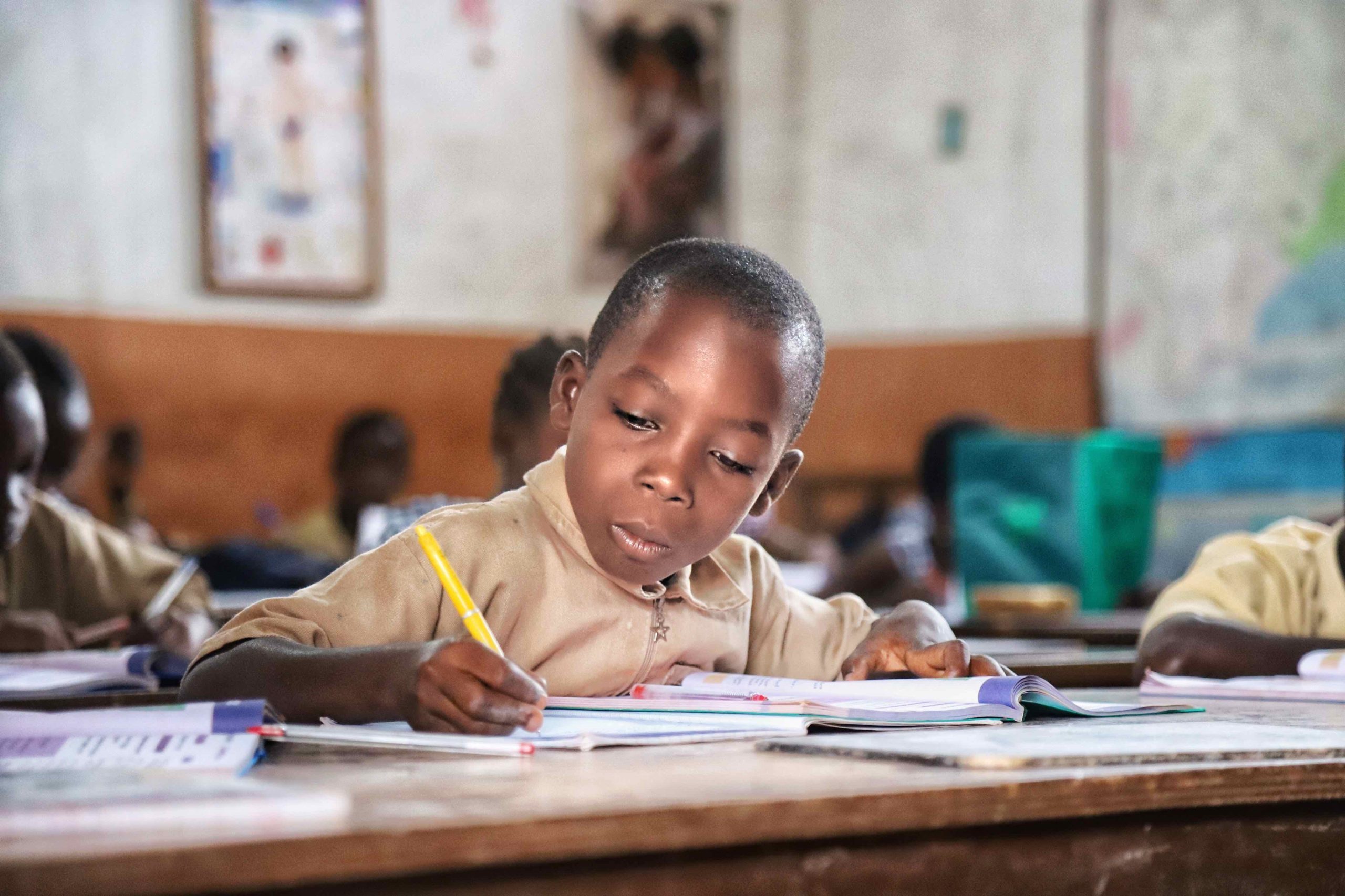Distributing Dignity Kits is a powerful way to support the development of African Girls
Dignity Kits are an invaluable tool for helping girls in African countries. Especially, for the girls that lack access to basic amenities and resources. By providing these girls with the tools and materials they need to maintain their hygiene, health and dignity, these kits can play an integral role in empowering communities and individuals in some of the world’s poorest countries.
Dignity Kit distributions are an effective form of gender equality and empowerment. For adolescent girls and women in Africa, accessing basic water and sanitation supplies can be a life-changing opportunity. A lack of access to these resources can often leave girls and women feeling embarrassed, ashamed and vulnerable due to the lack of basic hygiene, health, and dignity. The social stigma associated with not having these resources can leave girls increasingly isolated in their communities and prevent them from reaching their full potential.
Dignity Kits can also provide ongoing educational opportunities to girls in African countries by ensuring they have the essential items they need in order to attend school. By providing a girl with a Dignity Kit, she will have the supplies necessary to help her reach her educational goals. The kits contain basic water and sanitation supplies, feminine hygiene products, clothing, shoes and educational materials such as writing materials and textbooks. Thus, providing girls with Dignity Kits can increase their confidence, motivate their academic studies and help them to build a successful future for themselves and their families.
In addition to promoting gender equality, Dignity Kit distributions can also provide a range of health benefits for girls and women in African countries. By providing them with access to basic hygiene and sanitation items, these kits can help to reduce the rates of hygiene-related illnesses, such as skin and respiratory conditions, which are common in under-resourced countries. Furthermore, providing girls and women with access to these resources can also help to reduce their risk of becoming victims of sexual assault and other forms of gender-based violence.
Together with Biems House, we at African Renaissance had the privilege to talk to a few girls in Narok County in Kenya and one of the requests they had for us was to provide them with these dignity kits. It was an honor to take a trip back to deliver our promise to these girls. We were able to deliver a number of kits with additional kits for the boy. We believe that will small step will show our leaders that it is possible to invest a about five dollars for a kit that will give freedom to a girl for a few months. The confidence that the girls acquire from accessing these basic supplies will have a ripple effect in their future and the future of their communities.
Having seen the importance of Dignity Kits distribution in Africa, we call upon our leaders and the governments around the world to make every effort to ensure that girls and women in these countries have access to the basic supplies they need to maintain their health, safety, and dignity. This could include increasing access to health infrastructure, providing more resources and education opportunities, and organizing more regular Dignity Kit distributions. In doing so, governments can empower thousands of girls in African countries to reach their full potential.


